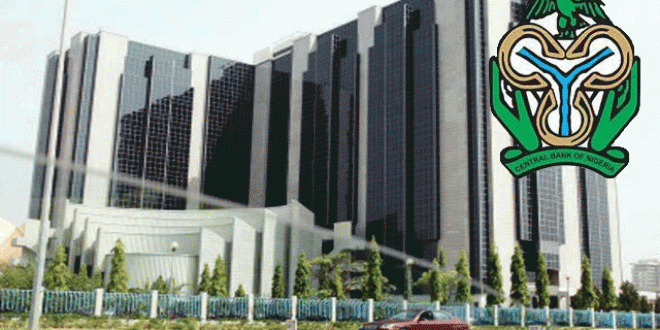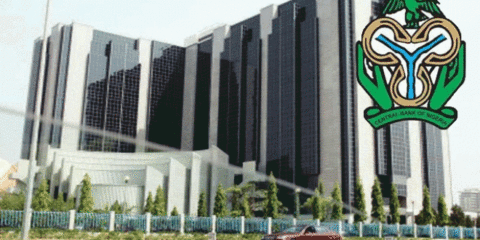The Central Bank of Nigeria (CBN) has approved the liquidation of 83 licensed microfinance banks, Manager Director, Nigeria Deposit Insurance Corporation (NDIC) Alhaji Umaru Ibrahim said on Tuesday.
Alhaji Umaru Ibrahim who disclosed this when he appeared before the Senate Committee on Banking and Currency to defend NDIC’s 2014 budget also said that plans are on to work out ways and means to regulate mobile banking in the country.
On the closure of 83 microfinance banks, the NDIC boss said that it was discovered that some of the banks exists only on paper while some are used to defraud Nigerians.
Alhaji Umaru Ibrahim said that there are up to 900 microfinance banks operation in the country out of which 83 have been listed for liquidation.
Alhaji Umaru Ibrahim said that the NDIC is already working to determine the number of depositors and how much each deposited in the banks in order to pay them.
Some assets of the banks, he said, will also be sold.
He noted that there was no doubt that the operations of some of the microfinance banks have become epileptic.
The NDIC boss said that the sum of N105 billion was provided in the 2014 budget as pay off fund in case any bank goes under.
He said, “Funding gap is what we do to prepare for the rainy day. We hope and pray that the rainy day does not come but any insurance should prepare for the rainy day. As we speak, no bank benefited from the fund in 2013.”
On ‘dollarisation’ of the economy by speculators, he said that the issue is being looked into by the CBN to ensure that it does not affect the economy.
Ibrahim also told the committee that NDIC initiated rebranding operations to ensure better service.
He noted that after operating for 20 years, the corporation decided that it was time to rebrand for total reorientation.
He said that in 2013, the NDIC maintained confidence and stability of the banking system through a continuous effective supervision and regulation of the system.
Alhaji Umaru Ibrahim that the corporation also tried to pay depositors of institutions that had been liquidated.
He said, “We have stepped up awareness and campaigns about our activities to make sure that members of the public put up claims of their locked up deposits in liquidated financial institutions. We appointed some banks as agents with the assistance of our various zonal offices that we had established in various parts of the country.
”Our plan for this year is to continue to protect depositors’ funds and to enhance the supervision.
“To promote financial literacy, consumer protection so as to make sure we enhance financial inclusion so that millions of Nigerians that do not have access to banks for any form of financial system or outlet are assisted in various ways.
On regulation of mobile banking he said, “We are partnering with the CBN to discuss the ways and means of ensuring depositors of mobile banks and depositors of mobile phone system.
“Mobile banks are emerging and seven banks had been licensed by the CBN to get involved in mobile banking and there are 11 non banking telecommunications related institutions that had been licensed to offer mobile money service.”
On the need to regulate mobile banking he said, “The depositors of the institutions offering mobile banking needed to be identified and protected.
“The whole essence of this is that if we have millions of such people sending and collecting money through mobile banking system, we want to ensure that in event of any crisis, they are covered.
“Unless they have that assurance of being covered, you don’t expect them to accept to participate in this revolutionary project that is coming on board.”
Ibrahim said that they are trying to “educate members of the National Assembly and also engage with our bosses like the minister of finance to make them appreciate that generally speaking, the world over, deposit insurance agencies are exempted from certain provisions so that they can generate their refunds and grow their refunds so that in the event of any problem, those agencies should be able to meet their obligations.”
He noted that “it is a matter of engagement and dialogue and promotion of understanding.”
On the issue of a repeal of the Fiscal Responsibility Act, he said that it is not a bad idea to take a second look at it.
“We will welcome a review of the act” he said.








